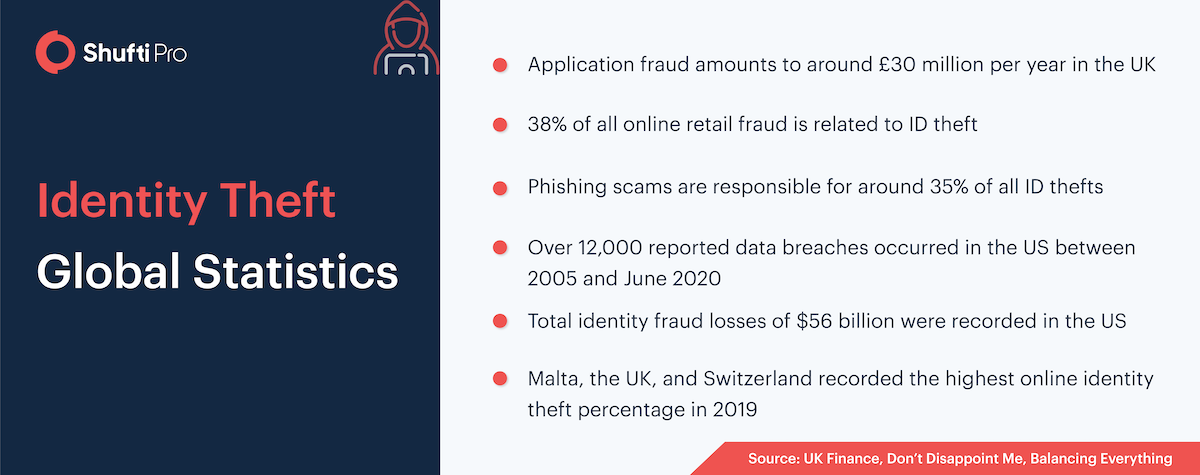Age Verification Solution – Restricting Minors from Becoming Mules

From playing online video games to betting on horses, the digital gaming and gambling industry is swiftly growing. It is calculated that more than one billion individuals are registered on virtual gaming websites globally. In addition to this more than $2.1 billion was spent on online video games and gambling last year. Such figures show why cybercriminals are as well directed towards this industry.
Increasingly, penetrators are always in search of finding ways to use stolen or bought identities documents for account creation or taking over existing accounts. Such accounts are used in criminal activities. Due to this reason, heaps of money laundering and organized crimes happen each year. However, to secure online players and gamblers, the gaming industry needs to stay put with the anti-money laundering regulations and know your customer compliance. Additionally for minor protections game service providers need to embrace age verification systems.
Online Gaming Used by Criminals to Groom Minors into Drug Mules
Fraudsters gangs are now using video games like Fortnite, to exploit youngsters to make them carry out criminal activities on their behalf. The regulatory bodies have launched awareness drivers regarding criminals grooming minors to become drug mules. Fortnite, includes digital coins, v-bucks, dance moves for characters, etc. however, many of the kids are not able to afford the virtual currency to buy value-adding features, thus drug dealers use youngsters for their personal gains.
Drug lords usually provide virtual cash and in return ask them for favors. The favor turns out to be using victims to cover the drugs and assist dealers to deliver these packages. Minors are the optimum option for criminals as they are less likely to be screened by law enforcement bodies seeking to identify drug dealers.
Iryna Pona, policy manager at The Children’s Society, said, “online grooming for criminal purposes has increased over the past year, adding safeguarding children online is everyone’s responsibility – including game developers.” However, Epic Games developers and publishers said that they are looking into these concerns. The company is collaborating with the regulatory bodies to take action against the drug dealers that are exploiting the minors. Epic Games are also looking for age verification systems that will automatically block the chats or friend requests for the under-aged players without their parent’s permission or supervision.

International Regulation for Gaming and Gambling Industry in 2021
FinCEN ID Docs Rule for Casino Patrons
The Financial Crimes Enforcement Network (FinCEN) has relaxed compliance regarding ID verification for casino clients. According to the agency, the casinos are allowed to use non-documentary means to ID their patrons. Before this, the casino staff was obliged to comprehensively authenticate the ID documents, such as a passport or driver’s license, before getting them onboard or permit to carry out transactions. Now casino companies can use various approaches, including verifying the clients against sanctions lists and financial crime databases.
According to FinCEN, casino employees can simply test their clients through knowledge-based authentication. However, the update in the regulation permits US citizens to gamble through online platforms that must-have technology-driven identity verification systems. Yet, due to these initiatives heaps of challenges could emerge.
“Allowing customers to establish their identities through non-documentary methods may be more reliable than document review in many cases,” said FinCEN. “At the same time, it opens new possibilities for fraud and other forms of suspicious activity, such as identity theft, account takeover, providing false identity information/responses.”
The Casinos in the US have been defined as a financial corporation under the Bank Secrecy Act (BSA). This Act mandates all the casinos operating in the US to file Currency Transaction Reports (CTRs) on financial transactions exceeding $10,000 per day. Casinos have been defined as “financial institutions” under the Bank Secrecy Act since 1985. This means they are required to file Currency Transaction Reports (CTRs) on currency transactions that exceed $10,000 per day, either alone or aggregated. In addition to this, they must also develop a suspicious activity reporting system in order to detect the unusual pattern of transactions, so that money laundering activities could be reduced.
Britain Age Verification Rules for Online Gambling
The online gambling service providers are required to verify the real identities of clients before permitting them to deposit money into accounts or to bet under the new law set to observe in Britain in May. currently, gambling businesses have a limit of 72 hours to carry out essential age verification checks, during which the clients are allowed to deposit money and can place bets but are not permitted to cash the winnings.
If, in case, the customer is identified as a minor, the gambling operators should return the client’s initial stake money. The gambling commission has updated the age verification requirements aimed to address the risk of minor exposure to gambling, backing the gambling businesses to detect and curb the existence of criminals that are working to exploit minor rights. However, the age verification measures will prohibit gambling service providers from delaying the pay-out on the basis of the age verification rule. This will surely prevent the minor from becoming victims.
Children’s Online Privacy Protection Act (COPPA)
The Children’s Online Privacy Act (COPPA) is a US rule that aims to secure the privacy and PII of minors under the age of 13 who use online gaming platforms or any other services. In addition to this, COPPA has added another security layer of privacy regulation for businesses that deal with personally identifiable information. Some of the online gaming and gambling websites attempt to avoid complying with COPPA regulations by simply restricting minors from accessing the sites. Additionally, the FTC COPPA settlement that took place in 2019 has resulted in crucial changes regarding age-oriented ads, and how to make them stay away from minors.
Final Thoughts
The mass minor exploitation and adverse influence of criminals on them have made identity verification the need of the hour to secure the minors from getting into bad hands and restrict them from age-centric services. It is the social responsibility of the regulatory bodies as well as the online gaming and gambling service providers to make efforts to make the digital ecosystem safe for the kids.
Shufti’s digital identity verification solution can help gaming businesses to comply with the age verification standards and also allows them to restrict the onboarding of minors before they get involved in any criminal activities.
Shufti also provides a 7-day free online age verification trail. To get hands on to the services, including document verification, facial biometric recognition, and AML screening.
Want a walkthrough of our age verification services?









![Harnessing the power of AML Screenings to Uncover Politically Exposed Persons [PEPs] Harnessing the power of AML Screenings to Uncover Politically Exposed Persons [PEPs]](https://shuftipro.com/wp-content/uploads/n-img-harresing.webp)


